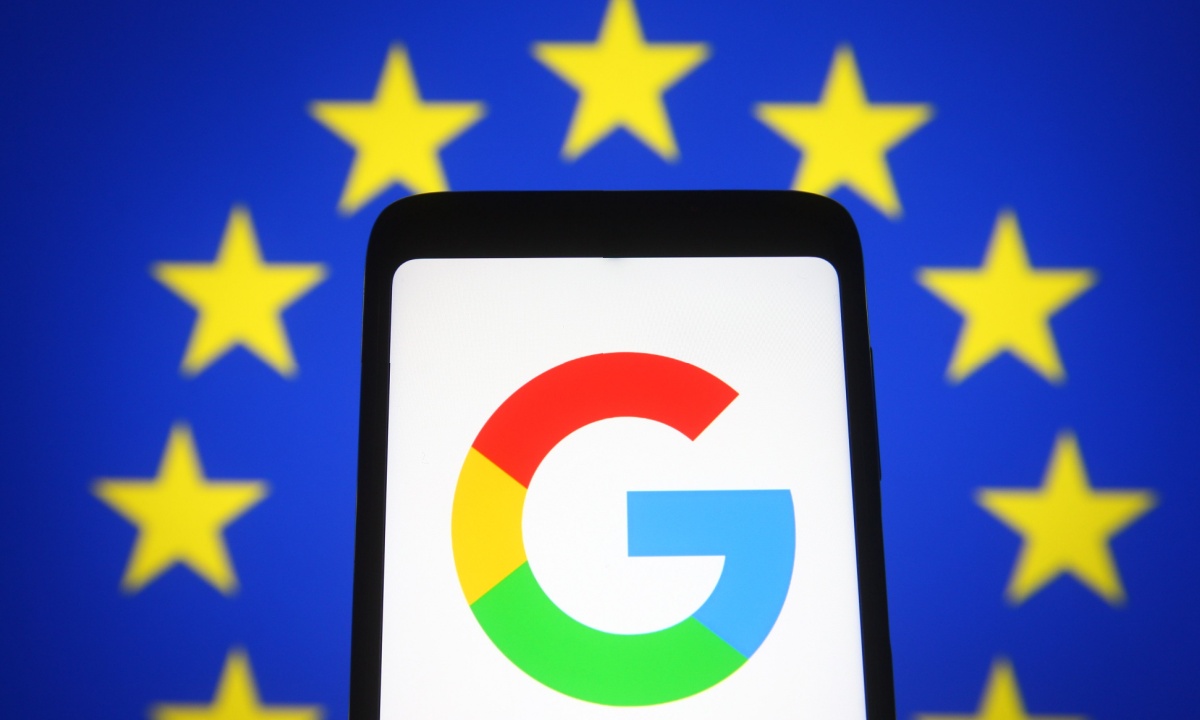The European Union is reportedly pausing its plans to fine Google over its AdTech practices.
That pause, Bloomberg News reported Tuesday (Sept. 2), stems from fears that the White House could push back by calling off a transatlantic trade deal.
Sources told Bloomberg that European regulators had internally marked Sept. 1 as the day on which Google would received a steep fine and an order to change its business model.
As that date got closer, senior officials at the European Commission outside of its antitrust team grew concerned that the timing and severity of the decision could lead Trump to unwind recent progress on trade and issue another round of tariffs, sources said.
Bloomberg noted that the eleventh-hour change could push back an announcement about Google’s penalty by days or even weeks. The sources told the news outlet that the schedule could be moved out even further, and the the actual remedies change even more as EU commission officials discuss the matter with their American counterparts.
The news follows a report last week by Reuters which—again, citing unnamed sources—said that the EU would likely fine Google less than the 4.3 billion euros the company was ordered to pay in another case in 2018.
The report attributed the levying of what it characterized as modest penalties to the approach of the new EU antitrust chief, Teresa Ribera, who is said to be more concerned with getting companies to end anti-competitive practices than with punishing them with heavy fines.
The European Commission had accused Google of abusing its dominant position in the online AdTech industry since 2014. The commission alleged that the company had wielded its market power on both sides of the supply chain by favoring its AdX ad exchange in matching auctions.
Google countered that serving both advertisers and publishers is a standard industry practice. It further contended that rivals operate similar AdTech businesses catering to both sides of the market, and integrated technology stacks allow for high-quality connections between advertisers and publishers.
Meanwhile, Google is facing similar pressure in the U.S., after a federal judge sided with the Justice Department’s argument that the company unlawfully maintained monopolies in key areas of the online ad industry. A trial to determine remedies following that ruling is scheduled for later this month.
